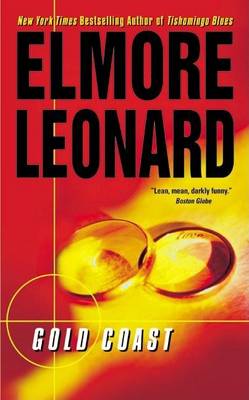
jamiereadthis
Written on Nov 24, 2012
Or page 61, Maguire in a rant after my own heart: “I didn’t say I didn’t like it, I said it wasn’t real. It’s like a refuge. Nothing can happen to you there, you’re safe. But it’s got nothing to do with reality. It’s like you’re given security, but in exchange for it you have to give up yourself. You have to become somebody else.”
Getting it, even in the stories that are just pure fun, the playing roles and the false safeties, the way trouble is like an itch on your back you’ve got to scratch. Life is not a movie but also it is, only there’s just the one person in charge of casting and direction, Karen saying things to Maguire like “I think you were miscast. You should’ve been something else.”
I don’t know what to tell you anymore, how much of a kick I get out of it, the story-ness of these stories, the thrashing around and the wrecking of normal life for one beautiful reason: because. McCarthy says, want only comfort and harmony and you’re the first to give up your soul. Barry Hannah says the sun gets up like bright hell, the sky just stupid and blue. That last one: I don’t know if there’s a better description of it, what Elmore’s characters are.
I’m over here still reading Raylan for the third time and also Tishomingo Blues again, and so it’s just like what Robert Taylor thinks too, watching Jazz Age: “the man living every minute of his life till the way he’s living kills him. Beautiful.”
Barry Hannah again, from the same story (“Taste Like A Sword,” High Lonesome): “Much of what I see reminds me of death but death is interesting, not just sitting there. It is red, green, and blue of dirt, pines, and sky, and it is moving around, my mother being nervous there at the window.”
Moving around. Some days, getting up like bright hell. The way I loved this in the end, when all Karen wanted was the trouble, God love her, coming quietly alive.
